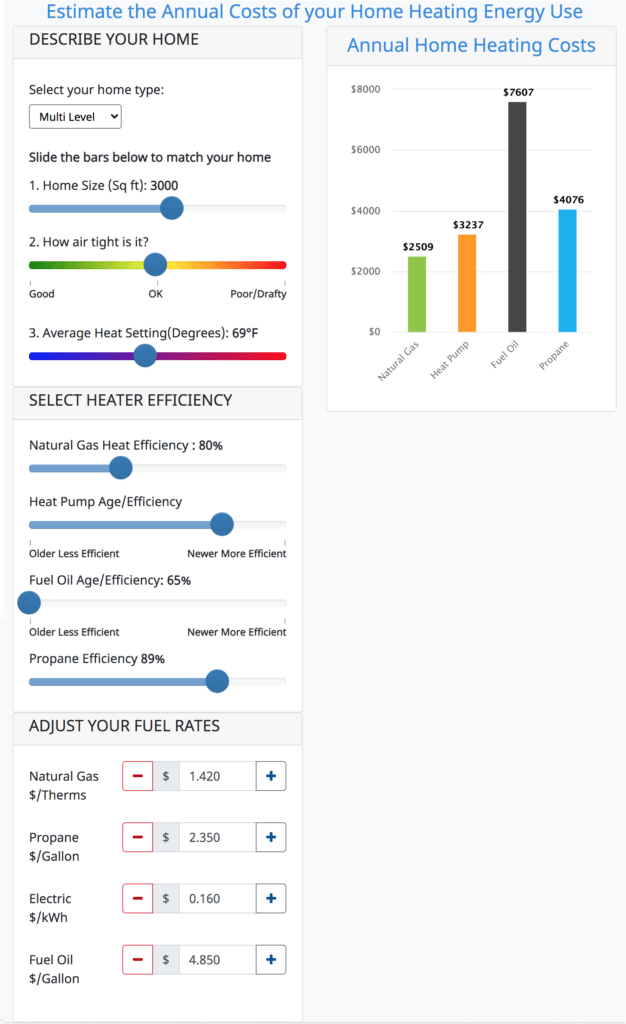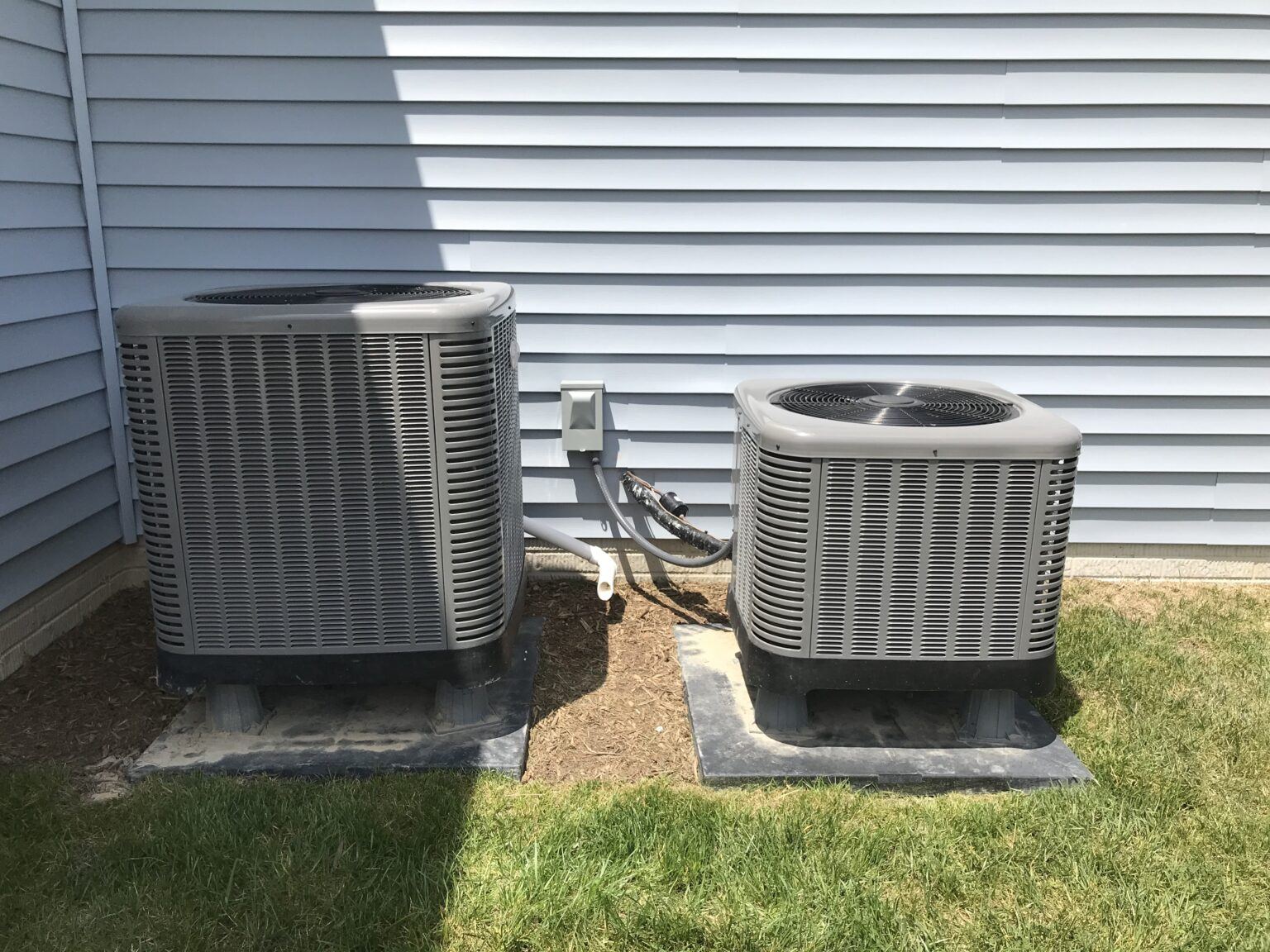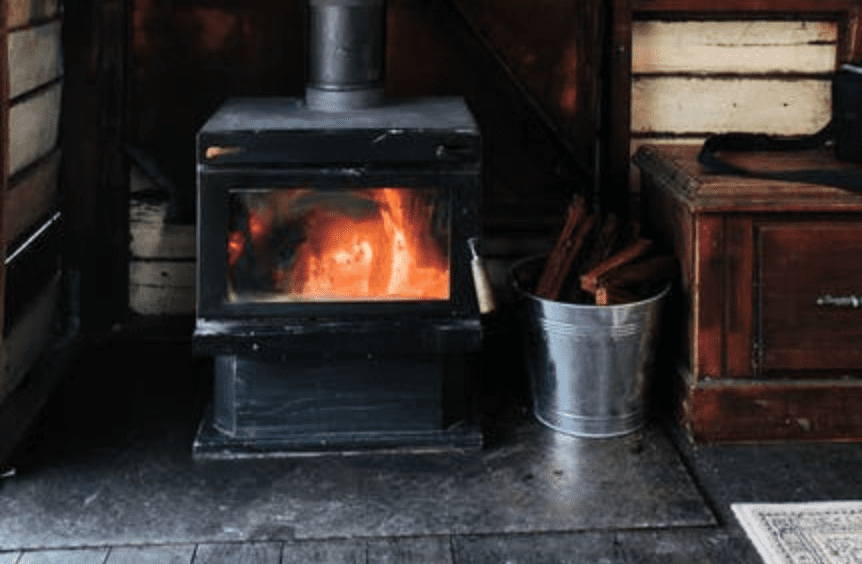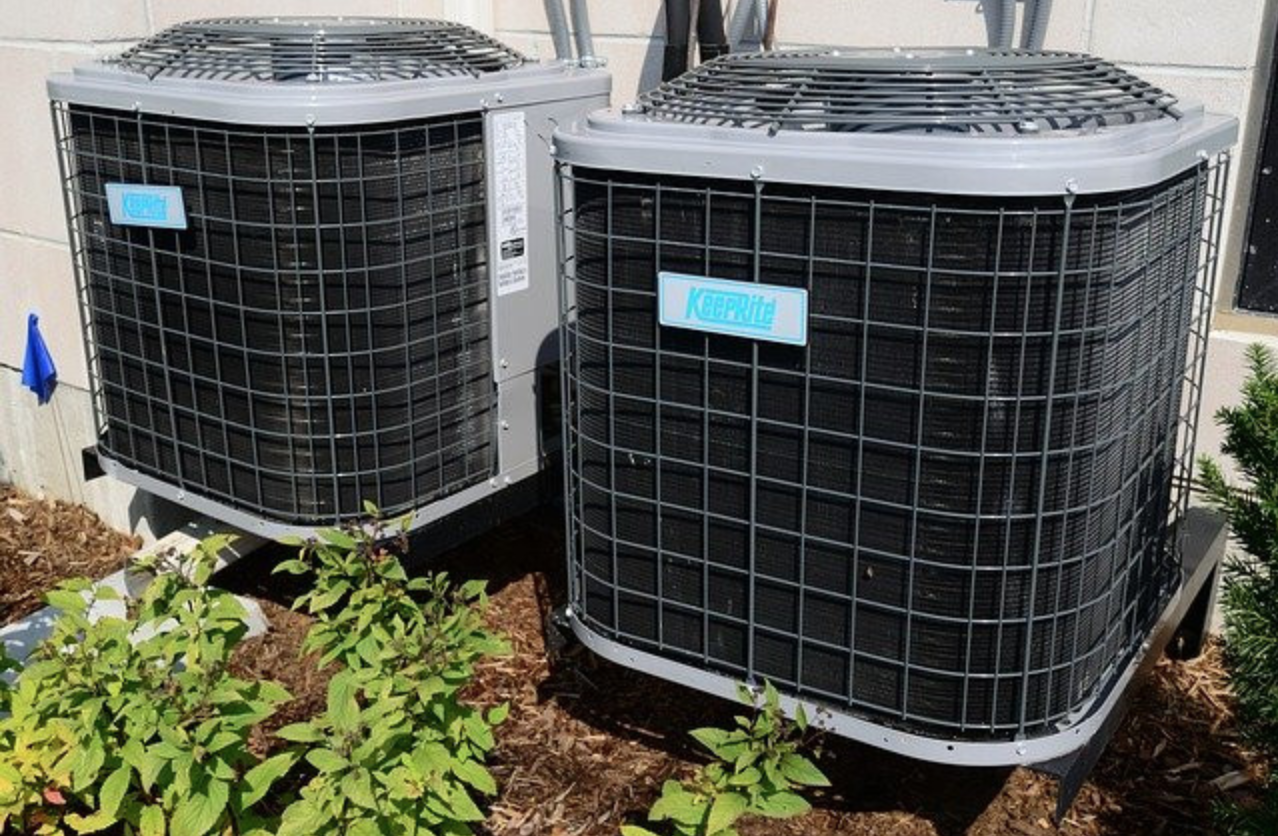If you live in an area that tends to get really cold in the winter, you have probably heard about dual fuel heat pumps. If you have a heat pump or are building a house and installing one, you may be considering getting a dual heat pump.
Dual heat pumps are worth their price if you live in a very cold area and have access to natural gas. When the temperatures drop below freezing, a dual heat pump will switch from electricity to gas to increase efficiency and lower costs. For those living in warmer climates, basic electric pumps are sufficient.
As you may know, last summer, my wife and I built a new house in Lewes, Delaware, and it came with a regular heat pump, not a dual fuel heat pump. Last week, I noticed that my next new neighbor was installing a propane tank, part of a dual heat pump in his house.
I had a conversation with him about the topic, and he told me that you save money in the long run with a dual fuel heat pump. It may me wonder if I should do the same, and I decided to search the topic to find out when dual fuel heat pumps are worth it.
This article shows what I have learned about dual fuel heat pumps.
What is a Dual Fuel Heat Pump?
A Dual Fuel Heat Pump is an HVAC system that joins an electric heat pump with a gas furnace and switches between the two as needed to heat the house and achieve maximum comfort efficiently.
Energy-saving and efficient heating come from switching between electric and gas power, depending on the outside temperature. Electric heat pumps are very reliable and easy to use, but gas heat pumps are more efficient to heat your house when the outside temperature is low. These pumps will mostly switch to gas when the outside temperature drops below 35 degrees or so.
When are Dual Fuel Heat Pump Worth It?
A dual fuel pump may be the best choice for people living in areas with warm summers and frigid winters. During warmer seasons, an electric heat pump will efficiently cover the air conditioning needs of the house. When freezing winter arrives, it will switch to gas and provide maximum efficiency and comfort. Using electricity mid-winter can significantly increase your electricity bill, and this is why dual fuel heat pumps are so popular. However, this is assuming you have access to natural gas. More on this next.
Is a Dual Fuel Heat Pump Cheaper Than a Heat Pump?
To answer this question, we first need to know if you have access to natural gas. The consensus seems to be that a dual fuel heat pump is cheaper if you use natural gas. But what if you don’t have access to natural gas.
For example, we don’t have natural gas in our community of Lewes, Delaware, so the only option here seems to be propane. And propane is significantly more expensive than natural gas, at least in our area.
The company PSE&G has a calculator that estimates the annual costs of your home heating energy use. It compares the cost of heating your house with natural gas, heat pump, fuel oil and propane. There are many complicated ways to calculate the cost of energy use. But I found this calculator very useful.
According to PSE&G, the calculator uses your local weather and energy rates. Of course, it is only an estimate of your actual energy use, but the results are very telling.
I entered the information for our house to the best of my knowledge and the results show that it would cost us $839 more to heat our house with propane than the heat pump we have. It also shows that we would save $728 if we had access to natural gas. These numbers do not include installation costs.
So based on these numbers, money wise we are better off keeping our heat pump and do nothing. But what about comfort. More on this next.

Does a Dual Fuel Heat Pump Improve Indoor Comfort in Winter?
Some people complain about the heat coming out of single heat pumps. They don’t think it is hot enough. It warms the home slower and it may feel cool at the beginning because the air may be cooler than your body temperature. If you are used to the coziness of gas heat, a heat pump may be disappointing to you.
On the other hand if you have dry skin, you may be better off with a heat pump instead of a dual heat pump. In really cold nights the gas furnace will take over which will make your house feel hotter but make the air drier.
Main Components of Dual Heat Pumps
Dual fuel heat pumps consist of four main components:
- Outside unit – sometimes called condensation unit. It has a compressor which is there to ensure refrigerant circulation. Additionally, there is a fan and an outside coil.
- Gas furnace – it contains a blower that sucks in the air and pushes the heated air out to warm up your house.
- Indoor coil – the coil can be a part of a furnace or installed separately.
- Refrigerant lines – these lines are made of copper and placed in between the coils.
Operations Modes of Dual Heat Pumps
These are the main operational modes of dual heat pumps:
- Heating with the electrical heat pump – In colder months, refrigerant gets the heat from the outside coil and carries it inside. With the help of inside coils, the heat is transferred to ductwork.
- Heating with the gas furnace – Electrical pumps can’t generate enough heat in extremely cold weather so optimally, the system will switch to the gas furnace. This gas furnace has similar features as any other gas furnace.
- Air conditioning – The electrical pump is used as an air conditioner during warm, summer, months. Refrigerant takes on the heat through the indoor coil and takes it to the outside unit. During AC mode, the indoor coil gets very cold and it causes condensation. In that way, the moisture is removed from the inside air.
Advantages and Disadvantages of Dual Fuel Heat Pumps
There are clear advantages of dual fuel heating pumps, but there are some disadvantages like every product. Here is a list of both.
Advantages:
- Energy-savings – Dual fuel pumps switch between fuel sources to maximize efficiency and lower the costs, depending on the outside air temperature
- Environmentally friendly – By using less fuel, you are actually saving the environment, and when you have a lot of people doing the same, the impact can be quite large.
- Money-saving – Combining two fuels and getting the benefits of both in just one device you are saving money, but this assumes you have access to natural gas.
- Cooling option – Dual fuel heat pumps are great for cooling down your home during summer. And it can do it as efficiently as the majority of AC units.
Disadvantages:
- Many dual fuel heat pumps are programmed by the manufacturer to switch between fuel sources. Sometimes it will not work well for the homeowner, and depending on your preference, you may not be happy with it. Some have manual menus that you can use to set it up yourself whenever you feel like the pre-programmed mode is wrong for you.
- The installation cost for dual fuel heat pumps is typically higher than traditional options.
- If you live in a rural area, you could have difficulties finding an installation and maintenance company. And as mentioned you may have to use propane.
- Some homeowners are afraid of possible gas leaks.
Related Posts:




